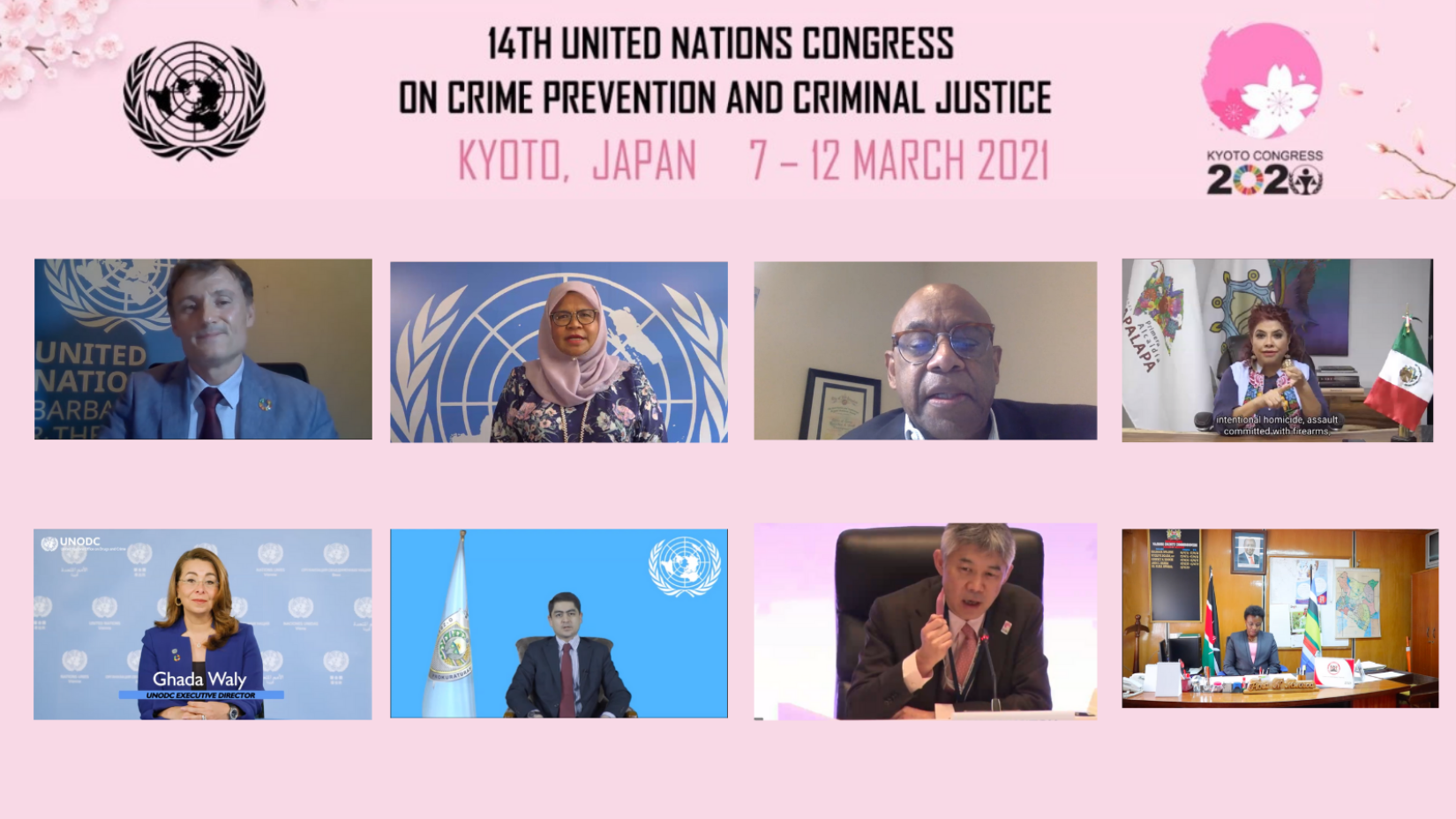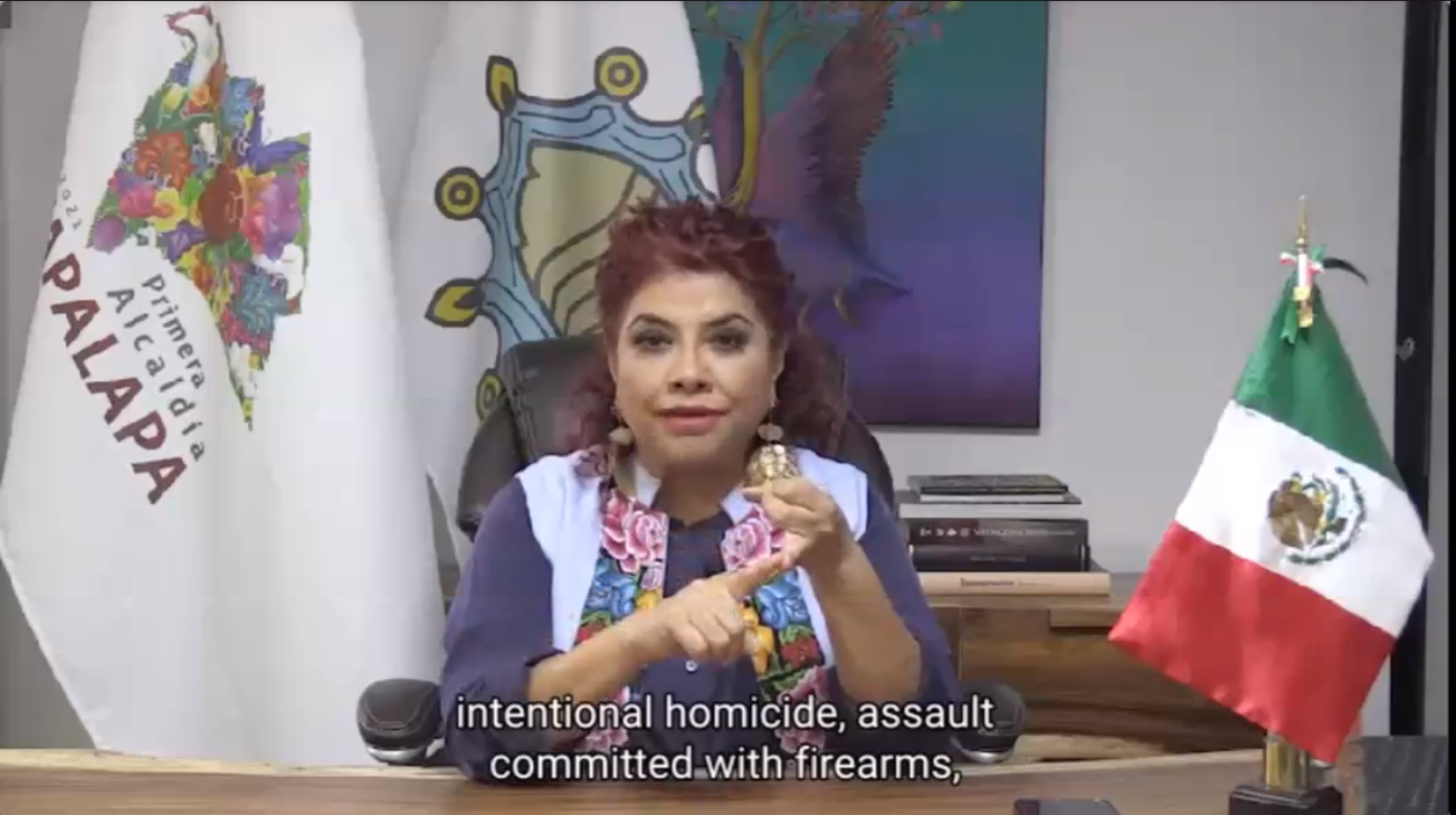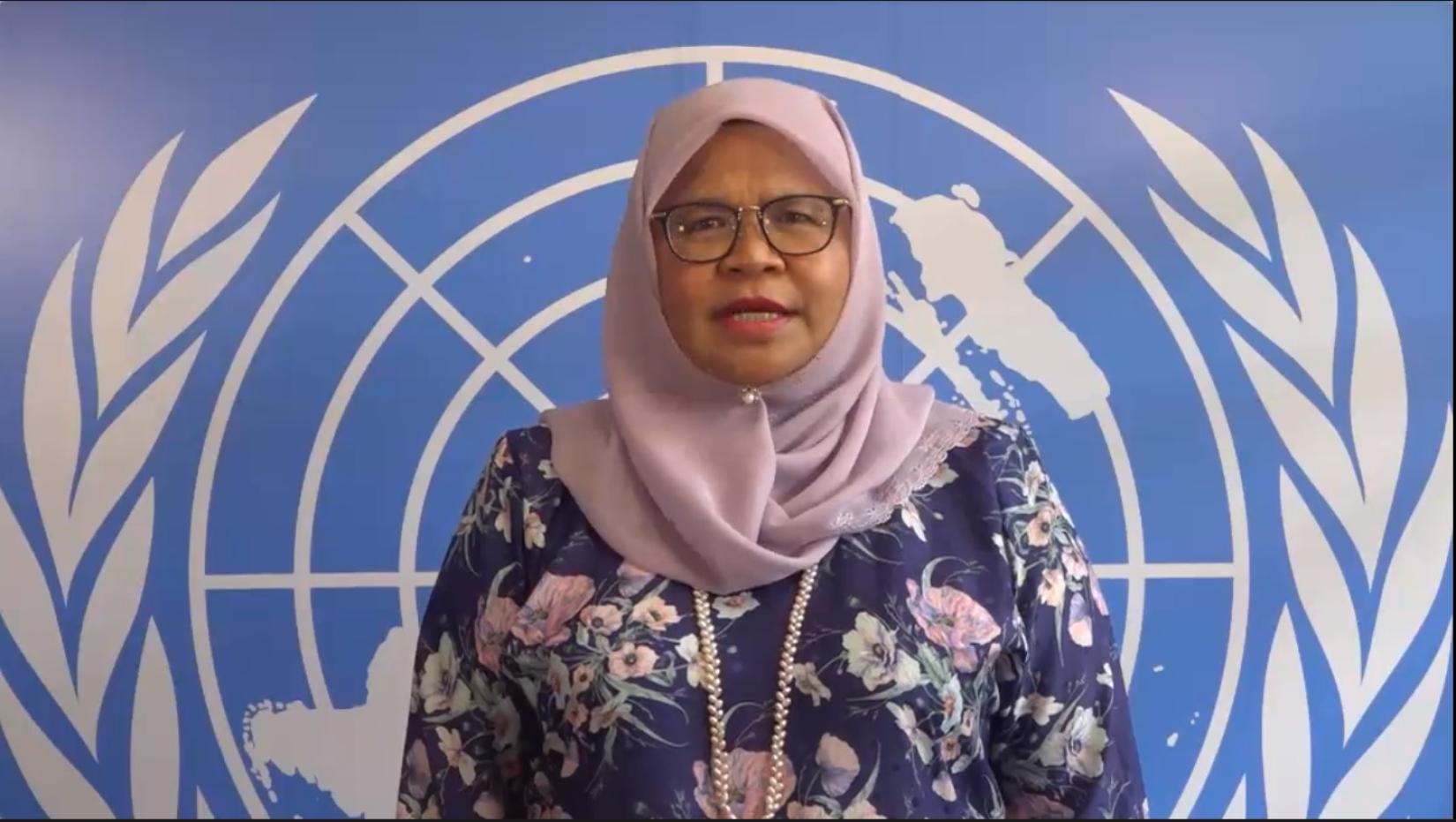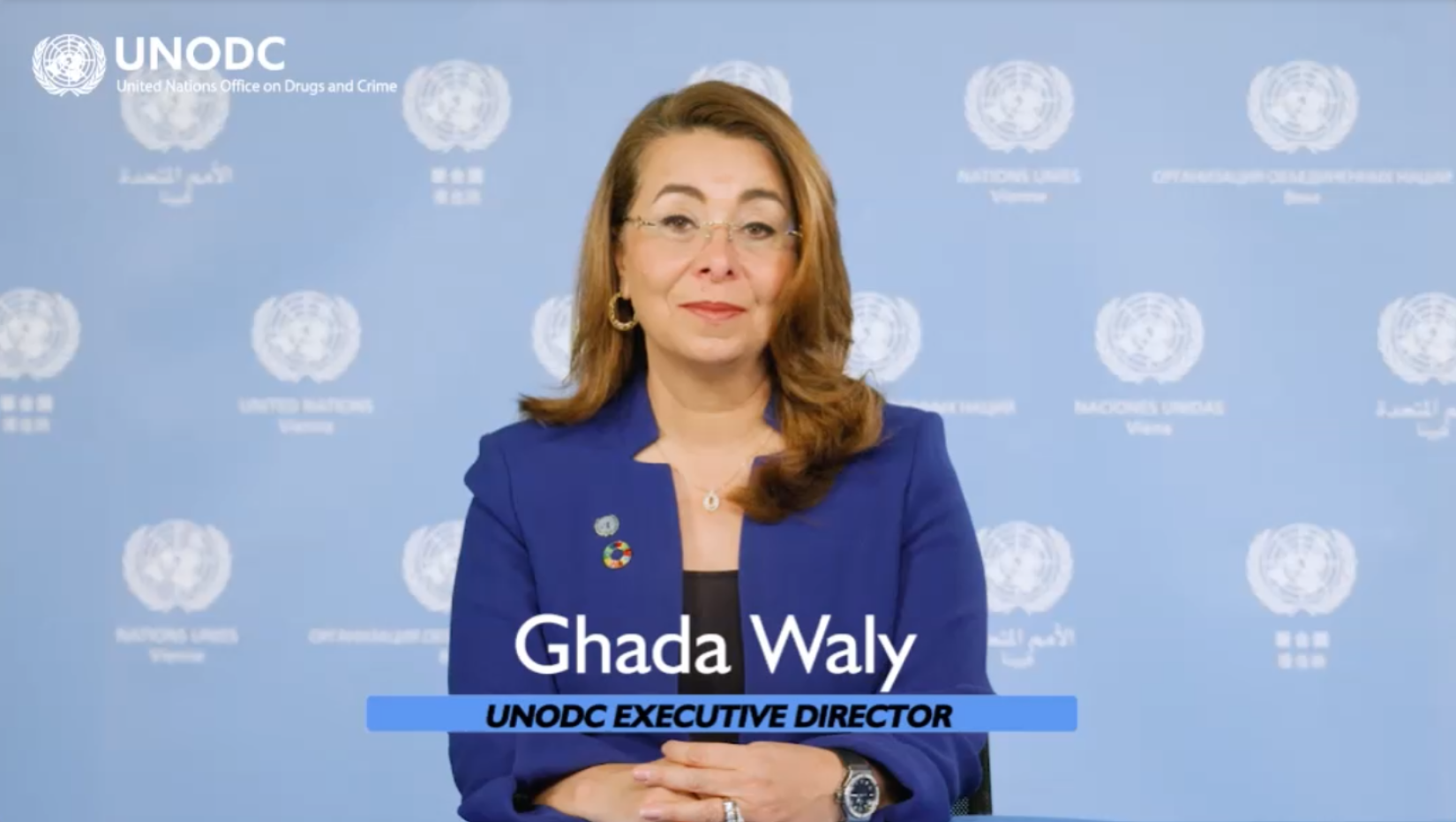UN Resident Coordinator Addresses Session on Urban Safety Governance at Kyoto Crime Congress
09 March 2021
- The United Nations has reaffirmed its commitment to improving the safety and resilience of cities and communities around the world, including those in Small Island Developing States.

Word of this has come from UN Resident Coordinator, Didier Trebucq, who was delivering a virtual address to a Special Event themed: ‘An Urban Safety Governance Approach for safe, inclusive and resilient societies’ that formed part of a 14th United Nations Congress on Crime Prevention and Criminal Justice held from March 7th-12th in Kyoto, Japan.
The special session sought to foster exchange of best practices on multi-level urban resilience and brought together national policy makers and officials, who are grappling with the challenges of providing safety and achieving sustainable development in cities that face problems including violence, crime, corruption and violent extremism.

In addressing the forum, Mr. Trebucq commended organizers for their foresight and efforts to improve safety and strengthen good governance in cities around the world, including those in Caribbean Small Island Developing States (SIDS).
He told the gathering: “At the outset, I want to reaffirm that the UN is committed to improving the safety and resilience of cities and communities. Because, within the current COVID crisis where vulnerabilities are exacerbated, the failure to do so frontally and with a sense of urgency can serve to derail the achievement of the SDGs.”
Mr. Trebucq noted that the 2030 Agenda for Sustainable Development as well as the New Urban Agenda offer excellent frameworks to address urban safety holistically; and to increase coherence and coordination across the UN system in support of countries.
“In order to ensure that the most vulnerable are protected, we must work around urban safety with a multidimensional approach, through more robust sustainable urbanization policies. To that end the UN can draw on the diversity of its expertise and assets to offer integrated technical and policy support to national or local Governments,” he maintained.

Japan’s Assistant Vice-Minister of Justice, Yoshimitsu Yamauchi , in delivering a brief Keynote Speech, said, crime prevention had historically been an issue for central Government. He explained: “For us in Japan, despite a low crime rate, we have many repeat offenders. In fact, 50% of our offenders are repeat.”
To combat recidivism, Mr. Yamauchi said steps to involve local stakeholders in criminal justice in Japan were bearing fruit. He explained that local stakeholders, including volunteers and probation officers, have been successful and instrumental in working with ex-offenders. “Some even invite these ex-offenders into their homes to support them,” he explained noting that this approach went a long way in supporting reintegration.

Reporting significant crime reduction in Mexico City following UNODC’s Urban Safety Governance Assessment and the provision of technical assistance to fight crime, Clara Brugada, Mayor of Iztapalapa, Mexico City , noted that as a consequence homicides were down 19 %, assault with weapons was down 49% and robberies were reduced by 39% in all municipalities. “We are on a path to crime reduction ,”she remarked.

Also addressing the gathering was Executive Director of UN Habitat, Mainmunah Mohd Sharif, who underscored the importance of UN cooperation, on issues related to safety and good governance, in the delivery of the New Urban Agenda. She lauded the joint programme framework between UNODC and UN-Habitat that seeks to promote safer cities, acknowledging how this fitted into the wider UN System Agenda.
“Making human cities safe is a key goal for realization of sustainable development…we will further our advocacy in keeping with the Sustainable Development Framework and the New Urban Agenda. You can count on UN Habitat’s commitment to advance urban safety across the globe,” she concluded.

Also addressing the gathering were: Ghada Waly, Executive Director, UNODC and Guillermo Cespedes, Chief, Violence Prevention, Oakland, California. Outcomes from UNODC’s Urban Safety Governance Assessment Findings were delivered by Flora Mworoa, County Commissioner, Nairobi, Kenya, Clara Brugada, Mayor of Iztapalapa, Mexico City, Mexico and Uygun Nigmadjanov, Deputy Director, Academy of the General Prosecutor’s Office, Uzbekistan. Jean-Luc Lemahieu, Director, Division for Policy Analysis and Public Affairs delivered a summary statement.

Carol A. Gaskin
In her capacity, she leads communication and advocacy efforts for the UN Resident Coordinator's Office, overseeing operations in 10 Eastern Caribbean countries. Additionally, she chairs the UN Communications Group, fostering collaboration among communicators from 18 agencies.
Carol's expertise lies in developing communication strategies aligned with the Sustainable Development Goals and the 2030 Agenda. She excels in storytelling, utilizing various channels to amplify the UN's message effectively.
Her achievements include coordinating impactful events such as the "UN in the City" SDG exhibition and spearheading initiatives like the introduction of the Caribbean's first SDG-branded electric bus. Notably, Carol has received recognition for her outstanding work, including the Best Annual Results Report for Latin America and the Caribbean in 2023.
Her work extends to humanitarian efforts, notably providing coverage during natural disasters like the La Soufriere eruption.
With a proven track record of success and dedication to advancing global priorities, Carol A. Gaskin is a respected figure in the field of international development and strategic communication.


